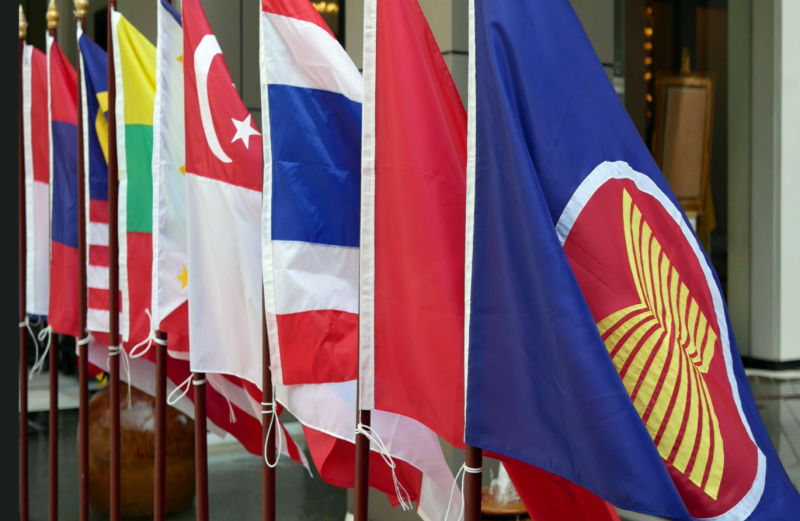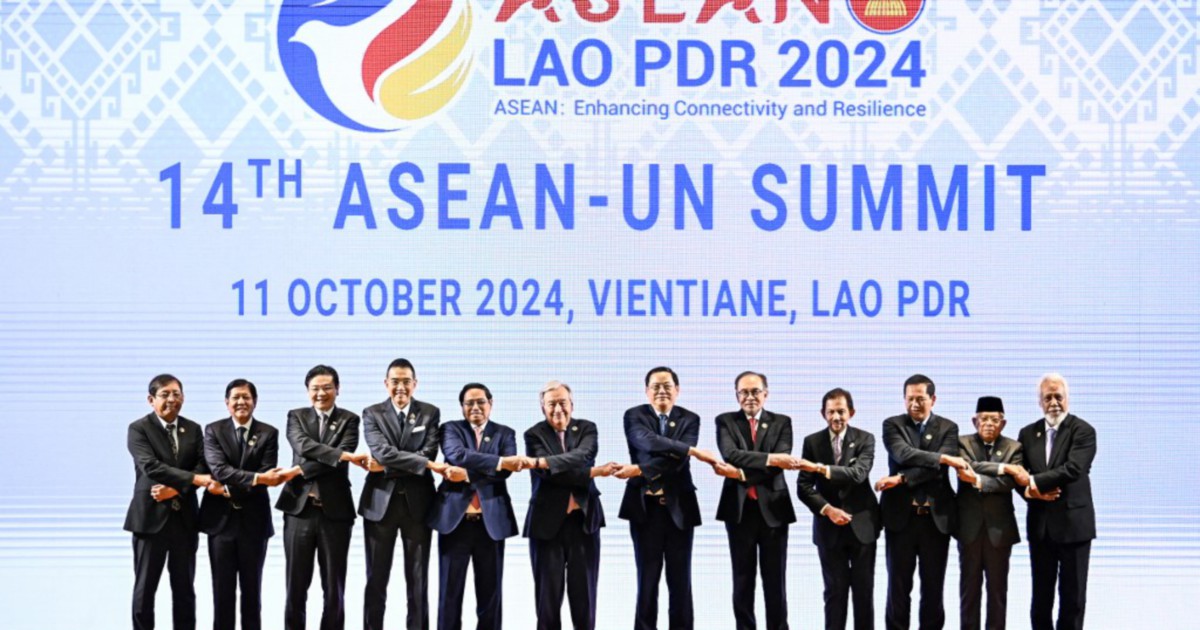




As Malaysia prepares to assume the ASEAN chairmanship in January 2025, Prime Minister Anwar Ibrahim is set to lead the organization during a pivotal time for Southeast Asia. With Malaysia last holding the chairmanship in 2015 under Najib Tun Razak, Anwar's leadership comes after a significant personal journey, having been imprisoned in 2015 [eeb2a423].
In the lead-up to this role, Anwar has actively engaged in diplomatic efforts, visiting 19 countries to strengthen Malaysia's ties within the region and beyond [eeb2a423]. ASEAN, now the world's fifth-largest economy with a GDP of RM3.8 trillion in 2023 and a population of 677 million, faces numerous challenges that Malaysia must navigate effectively [b09f61f5].
One of the foremost challenges will be addressing the ongoing rivalry between the United States and China. The US is increasingly favoring bilateral alliances, while China has solidified its position as ASEAN's largest trading partner, accounting for 23.9% of ASEAN imports in 2023 [eeb2a423]. This dynamic raises concerns about China's growing influence in the region and complicates Malaysia's leadership role [ff45742c][b09f61f5].
In addition to external pressures, Malaysia must also contend with internal divisions among ASEAN member states. Countries like Vietnam and the Philippines are pushing for a stronger stance against China, while others, such as Cambodia and Laos, are aligning more closely with Chinese interests. This divergence threatens Malaysia's ability to lead effectively and maintain a unified ASEAN front [ff45742c].
Key issues on the ASEAN agenda include disputes in the South China Sea and the potential for partnerships with BRICS nations. Analysts anticipate that the political climate may shift further with the return of Donald Trump to the presidency in the US, which could lead to targeted policies against China starting in January 2025 [b09f61f5].
Moreover, Malaysia engaged with Russia at the 9th Eastern Economic Forum, focusing on food security and sustainable energy, with a 15.6% year-on-year trade increase. Anwar's advocacy for Palestine has highlighted Malaysia's moral stance, complicating relations with Western nations [47e1cc9d]. Active participation in an ASEAN consultation on Myanmar in December 2024 demonstrated Malaysia's leadership in regional issues, showcasing its cautious pragmatism in balancing ties with China and engagement with Western powers [47e1cc9d].
The ASEAN digital economy is projected to grow from US$300 billion to US$1 trillion by 2030, presenting opportunities for Malaysia to leverage digital innovation to foster regional collaboration. The Digital Economy Framework for ASEAN (DEFA) aims to enhance digital transactions and cybersecurity, which could further integrate the region economically [eeb2a423]. By prioritizing these areas, Malaysia could strengthen ASEAN's unity and credibility, positioning the organization as a proactive player in addressing contemporary challenges [b09f61f5].
Ultimately, Malaysia's ability to balance the competing influences of the US and China, manage internal divisions, and respond to regional crises will be crucial for its leadership role in ASEAN. As the nation contemplates its future, the interplay between economic opportunities, environmental responsibilities, and regional cooperation will shape its trajectory in the global arena [5a1d6845].